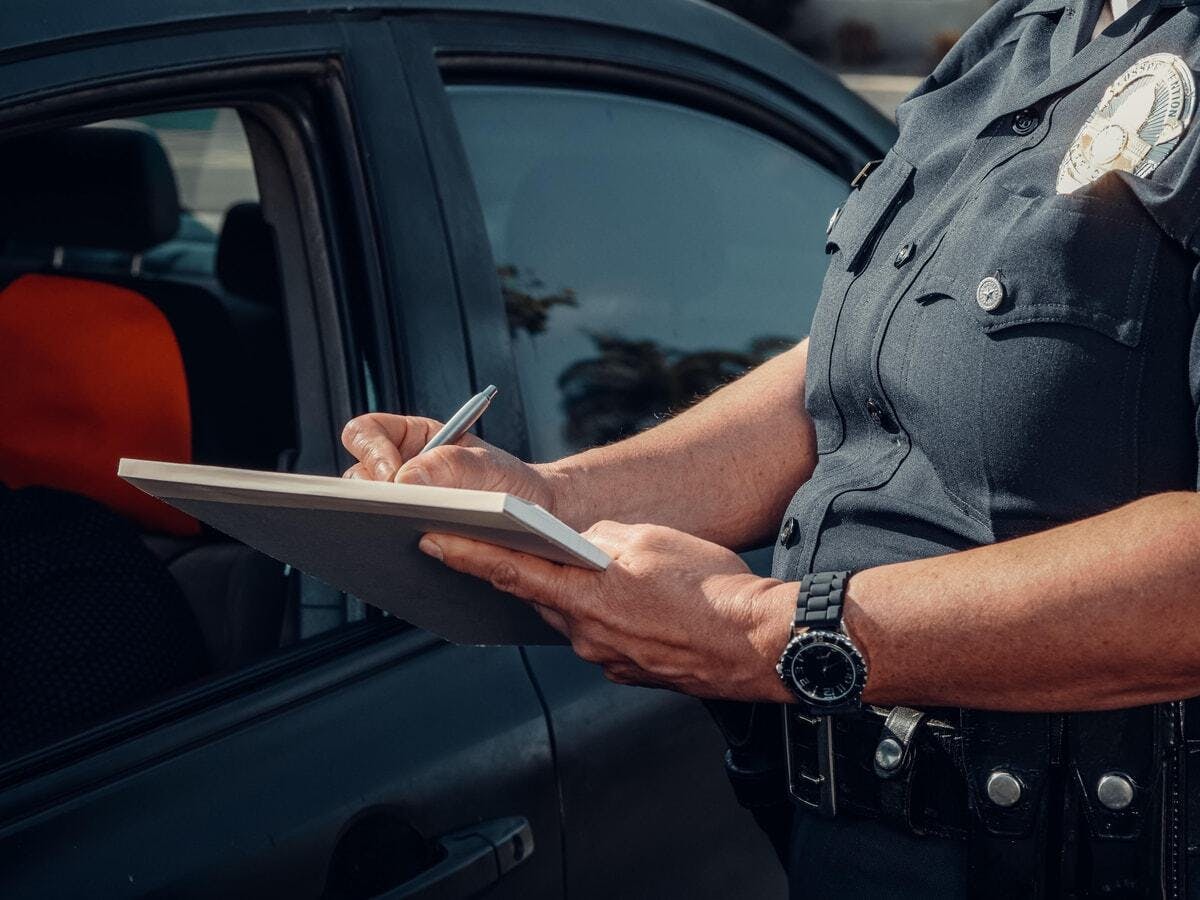Making Sense of Texas Traffic School: A Teen Driver's Guide
Getting a traffic ticket as a new driver can feel like a big deal, and it’s okay to feel a little uneasy about it. But here’s the good news: traffic school in Texas isn’t about punishment. It’s about progress. Whether a court requires it or you’re just looking to build your skills, traffic school is a smart way to reset, learn, and grow as a driver. This guide walks you through what it is, when you might need it, and how it can actually make you more confident behind the wheel.
What Is Traffic School?
Also called a defensive driving course, traffic school is a structured program designed to help you drive safer and smarter. You’ll review key Texas traffic laws, learn how to handle tricky situations, and practice safe habits that can protect you—and everyone else on the road.
It’s not about blame or penalties. It’s about giving you real-world tools to avoid hazards, understand right-of-way rules, and navigate tough conditions with more confidence. These courses are available online or in person, depending on what fits your schedule best.
Who Might Need Traffic School?
In Texas, teens might attend traffic school for several reasons:
Ticket Dismissal or Point Reduction: Courts often allow traffic school to dismiss a minor ticket or keep points off your driving record, helping you avoid higher insurance costs or long-term penalties.
Court-Ordered Requirement: If a judge includes it in your case, you’ll need to complete traffic school from an approved provider to meet the terms of your ruling.
Voluntary Learning: Maybe you just want a refresher or a confidence boost after a close call or a stressful drive. Traffic school can be a great way to brush up on skills without pressure.
Parent-Suggested: Sometimes your parents might recommend it as an extra safety step. Think of it as backup, not criticism—they just want you to feel prepared.
How to Find a Court-Approved Traffic School in Texas
If traffic school is part of a court requirement or you’re aiming for ticket dismissal, choosing a program approved by the Texas Department of Public Safety (DPS) is essential.
Here’s how to get started:
Go to the Texas DPS website.
Search for the “Defensive Driving” or “Driving Safety Course” section.
Use their search tool to confirm the program is officially approved.
Look for both online and in-person options depending on your learning preference and schedule.
Online courses are especially helpful if you’re juggling school, sports, or a part-time job. You can learn at your own pace, on your own time.
Benefits of Completing Traffic School
Finishing traffic school in Texas has more benefits than just checking a box:
Dismiss a Ticket: Keep your record clean and protect your insurance rates.
Avoid Point Penalties: Prevent the buildup of points that could affect your license.
Lower Insurance Costs: Some insurers may offer discounts after course completion.
Boost Driving Confidence: Know how to react, what to watch for, and how to stay calm on the road.
Learn Practical Safety Skills: Defensive driving techniques help you spot trouble before it happens.
Most of all, it gives you peace of mind. You're actively choosing to become a better, safer driver—and that matters.
Tips for a Smooth Traffic School Experience
Traffic school doesn’t have to feel overwhelming. Here’s how to make it work for you:
Create a Distraction-Free Space: Find a quiet spot, use headphones, and mute notifications to stay focused.
Take Your Time: Especially with online courses, take breaks and pace yourself.
Stay Engaged: Watch the videos, take notes, and ask questions if you’re stuck.
Don’t Worry About the Tests: Assessments are there to reinforce what you’ve learned, not to trip you up.
Reach Out If You Need Help: Most providers offer support if something’s confusing or you run into a tech issue.
Safe Driving Doesn’t Stop After the Course
Completing traffic school is a great step, but the real win is what you do next. Keep practicing what you’ve learned. Stay alert, avoid distractions, and drive with intention. And if you’re ever unsure about a rule or law, the Texas Driver HandbookHome Details 304 InternetForms is always a great place to go back to.
Driving is a skill, and the more you build it, the better and safer you become.
Take your Texas Defensive Driving Course Online Today!
Updated April 22, 2025

DMV Sample Tests Help You Pass the DMV Written Test
When you get a driver’s license, you first have to pass a written test and then a driving test. DMV sample tests give you the practice you need to pass the written test on your first attempt.

How to Submit a Defensive Driving Certificate in Texas
There's no need to be overwhelmed by the Texas traffic court system. You can submit a defensive driving certificate in Texas in five easy steps.

These Are the Most Common Traffic Tickets in Texas
The most common traffic tickets in Texas are speeding, texting while driving, running a red light, driving under the influence, and aggressive driving.
Looking for more driving resources?
Enter your email for deals, study materials, car maintenance tips, insurance savings, and more.
© 1997-2026 DriversEd.com. All rights reserved. Please see our privacy policy for more details.






